The historic "safe-breaking" and the term "Acquihire"
On the evening of June 12, the technology world was stunned by the announcement: Meta, the parent company of Facebook and Instagram, spent $15 billion in cash to acquire a 49% stake in Scale AI, a data startup that is an important partner of theirs.
“Meta has completed a strategic partnership and investment in Scale AI. Under this agreement, we will deepen our collaboration in data production for AI models, and Alexandr Wang will join Meta to participate in the superintelligence development effort,” Meta said in an official statement.
In theory, this was a strategic investment. Meta secured access to high-quality data from Scale AI—the oil of the AI era. But sophisticated analysts in Silicon Valley saw a different story, one encapsulated in the term “acquihire.”
An “Acquihire” (a combination of “acquire” and “hire”) is a deal in which the buyer’s primary objective is not the company’s products, technology, or assets, but rather its talent, especially its founders. In layman’s terms, it’s a super expensive form of “people buying.”
“This is an extremely expensive acquihire to acquire Alexandr Wang,” said prominent tech analyst Ben Thompson.
This trend is not new but is exploding again in the fierce AI war, where talent is more precious than gold.
Last year, Microsoft spent $650 million on startup Inflection, ostensibly as a royalty fee but actually to "gut" founder Mustafa Suleyman and his core team. Google was not far behind when it spent $2.7 billion to recruit Noam Shazeer and his associates from Character.AI.
With the $15 billion deal, Mark Zuckerberg is not only getting in on the action, he’s taking it to the next level. But to understand why Zuckerberg is willing to burn so much money, we need to look at the central figure: Alexandr Wang.

Alexandr Wang, a 28-year-old man, makes Mark Zuckerberg willing to "burn money" (Photo: Wikipedia).
Alexandr Wang: Tech prodigy or business guru?
You may not have heard of Alexandr Wang, but the 28-year-old is the man who made Mark Zuckerberg open his coffers.
Born in New Mexico to a family of Chinese descent with a strong scientific tradition, his parents were both nuclear physicists working at the prestigious Los Alamos National Laboratory. This background instilled in Wang a sharp mind early on. He dropped out of MIT's Computer Science program after just one year to join the legendary startup incubator Y Combinator.
Here, in 2016, Wang co-founded Scale AI with Lucy Guo. After only 2 years, both were on the Forbes 30 Under 30 list. By the age of 24, Wang became the youngest self-made billionaire in the world. He also has close relationships with powerful figures such as Sam Altman (CEO OpenAI), even living in the same house with Altman during the pandemic.
But what’s most surprising is that Wang isn’t a traditional AI whiz. He’s been described by respected publications like The Information and the Financial Times as a “technical businessman” with a knack for building his image, promoting himself, and closing billion-dollar deals, rather than a scientist who can make fundamental research breakthroughs.
This raises a big question: Why would Zuckerberg bet on a businessman to lead a cutting-edge AI lab, instead of a research “brain” like Yann LeCun, who is Meta’s own head of AI?
Scale AI - the "silent backbone" of the AI revolution
To explain Wang's value, it is impossible not to mention his "brainchild": Scale AI.
Imagine, for an AI model to become intelligent, it needs to be “fed” a huge amount of data and “trained” to understand that data. Scale AI is the “feeder” and “tutor” for the entire industry. The company specializes in providing services to label, clean, and process data to train AI systems.
With self-driving cars, Scale AI helps systems identify pedestrians, traffic signs, and road markings.
With large language models (LLMs) like ChatGPT , Scale AI employs thousands of collaborators around the world to sift through, classify, and fine-tune terabytes of text, helping the models understand context, nuance, and generate natural responses.
Scale AI's client list is a dream list: Toyota, Honda, Waymo (Google's self-driving car company), Microsoft, OpenAI, and even the US government (which uses the service to analyze satellite imagery in Ukraine).
With revenue expected to reach nearly $1 billion by 2024 and potentially double by 2025, Scale AI is valued at nearly $14 billion. This figure suggests that Meta's $15 billion investment is more than just a "salary" for Wang. As Semafor's Reed Albergotti notes, some of this money could be a "down payment" for services that Scale AI will provide exclusively or preferentially to Meta in the future.
This was a smart move: both recruiting talented generals and locking down a strategic supply partner, choking off the supply of competitors.
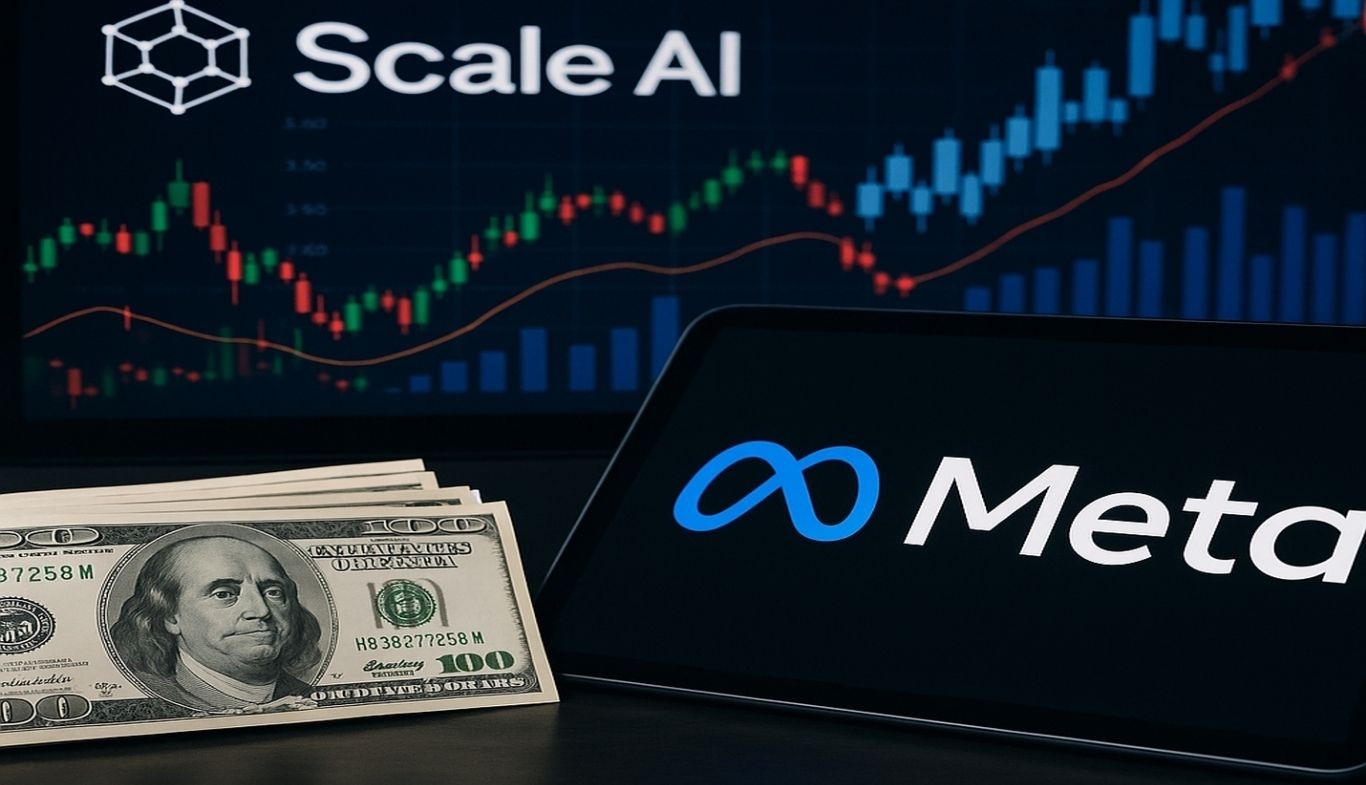
Faced with growing frustration over Meta's lagging progress in AI, CEO Mark Zuckerberg has made his boldest move yet: betting on one of the top minds in the artificial intelligence industry (Photo: Techjuice).
The "superintelligence" gamble and Mark Zuckerberg's worries
The deal comes at a crucial time. Meta, despite its huge user base and data, is showing signs of losing steam in the AI race compared to the trio of Google, Microsoft and OpenAI.
Efforts to integrate AI into products like Ray-Ban glasses or the Meta AI virtual assistant have not made a big splash. The open-source Llama model, while well-received by the community, still cannot compare in power with OpenAI’s GPT-4 or Google’s Gemini.
There are also disagreements within Meta. Professor Yann LeCun, one of the "godfathers" of modern AI and Meta's chief scientist, has publicly argued that current large language models are a "dead end," not a path to Artificial General Intelligence (AGI).
In that context, the establishment of a completely new lab, focused on the goal beyond AGI to Advanced Super Intelligence (ASI) – a form of AI that surpasses the intelligence of all humans – and placing Alexandr Wang at its helm represents a seismic strategic shift for Zuckerberg.
Zuckerberg no longer wants to follow the beaten path. He wants a leap, a different and bolder direction. Wang, with his business acumen and ability to connect resources, may be just the right person to turn this sci-fi vision into a viable business plan.
However, the picture is not entirely rosy.
First, lessons from the past. Zuckerberg spent billions of dollars to acquire Instagram and WhatsApp, but both founders left because of disagreements with him. Ironically, Mike Krieger, co-founder of Instagram, is now the product director at Anthropic, a direct competitor of Meta in the AI field. Will history repeat itself with Alexandr Wang?
Second, there’s the ethical dilemma of Scale AI. To produce meticulously labeled datasets, Scale AI and its subsidiary Remotasks have been criticized for hiring a vast army of low-wage workers in developing countries like Kenya, Venezuela, and the Philippines. Reports have revealed poor working conditions and wages of less than $1 an hour, a stark contrast to the founders’ billion-dollar fortunes and sensational deals like this one.
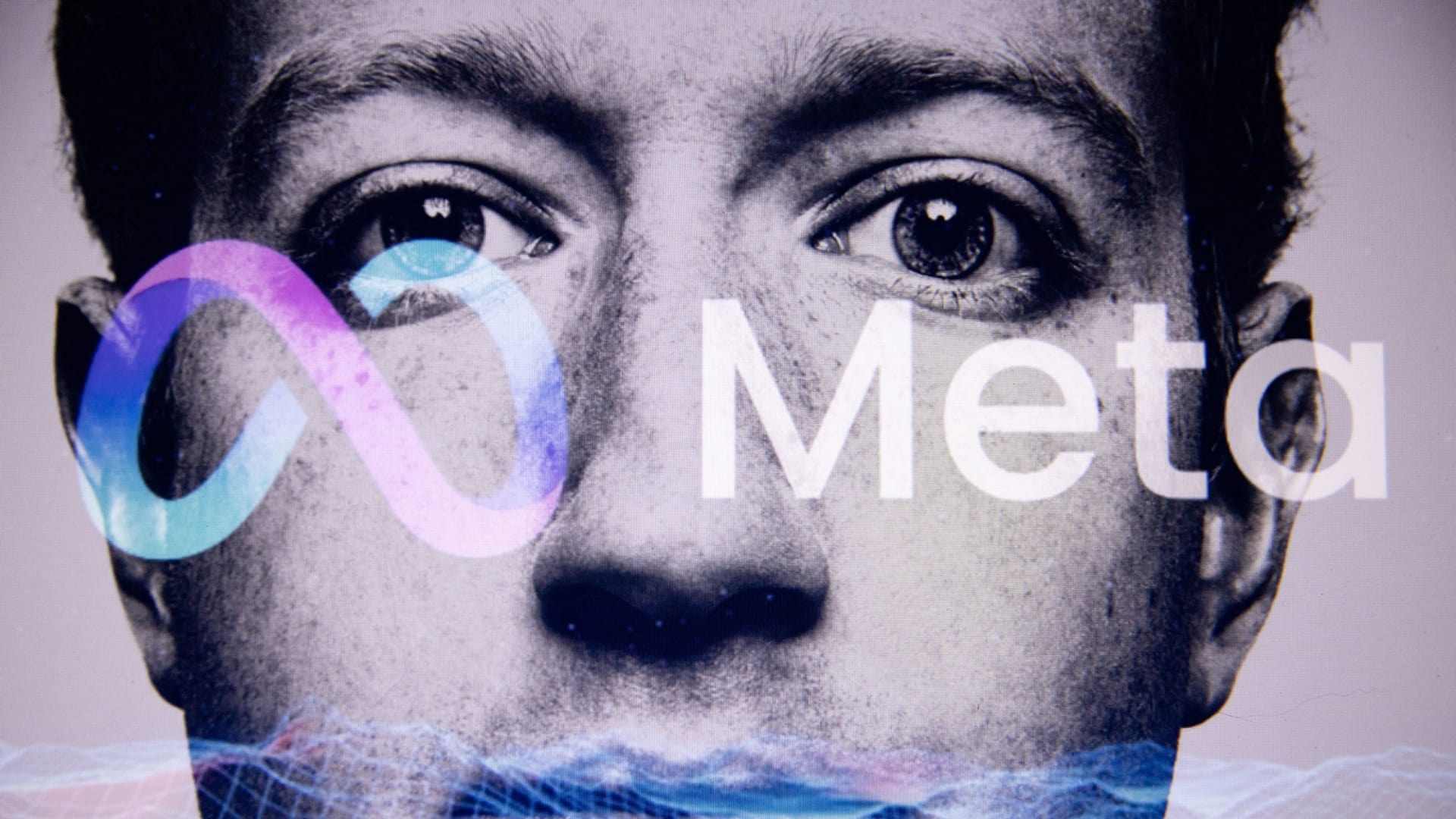
In the AI race, Zuckerberg no longer wants to follow the beaten path but wants a leap, a different and bolder direction (Photo: Getty).
Buy people, buy partners, or buy a gamble for the future?
Going back to the original question, what is Meta spending $15 billion on? The answer doesn’t lie in a single option.
This is a complex "3 in 1" deal:
Acquihire : Meta gets the strategic mind of Alexandr Wang and possibly his trusted team to lead its most ambitious project yet.
Strategic Investment : Meta locks down a top data provider, securing fuel for its AI engine and making it difficult for competitors.
Betting on the future : Instead of chasing the LLM race, Zuckerberg is betting on a new direction — superintelligence — in hopes of being a leader in the next chapter of technology.
Few companies in the world have the financial wherewithal to make such a move, but Meta is one of them. If Mark Zuckerberg believes that AI is not only the future of technology but also Meta's very survival, then any price to win can be considered "worth it."
This $15 billion deal is more than just a financial transaction, it’s a statement. A statement that in the fight to shape the future of humanity, Mark Zuckerberg is willing to do everything and spend everything. Will this be a stroke of genius that will bring Meta back to the top, or will it be another spectacular “money burn” in the history of Silicon Valley? Only time will tell.
Source: https://dantri.com.vn/kinh-doanh/tiet-lo-ve-nhan-vat-khien-mark-zuckerberg-chi-15-ty-usd-san-ve-20250613202445978.htm


![[Photo] Prime Minister Pham Minh Chinh chairs conference on breakthrough solutions for social housing development](https://vphoto.vietnam.vn/thumb/1200x675/vietnam/resource/IMAGE/2025/10/24/1761294193033_dsc-0146-7834-jpg.webp)

![[Photo] President Luong Cuong chaired the welcoming ceremony and held talks with United Nations Secretary-General Antonio Guterres](https://vphoto.vietnam.vn/thumb/1200x675/vietnam/resource/IMAGE/2025/10/24/1761304699186_ndo_br_1-jpg.webp)

![[Photo] Prime Minister Pham Minh Chinh and South African President Matamela Cyril Ramaphosa attend the business forum](https://vphoto.vietnam.vn/thumb/1200x675/vietnam/resource/IMAGE/2025/10/24/1761302295638_dsc-0409-jpg.webp)
![[Photo] Solemn funeral of former Vice Chairman of the Council of Ministers Tran Phuong](https://vphoto.vietnam.vn/thumb/1200x675/vietnam/resource/IMAGE/2025/10/24/1761295093441_tang-le-tran-phuong-1998-4576-jpg.webp)




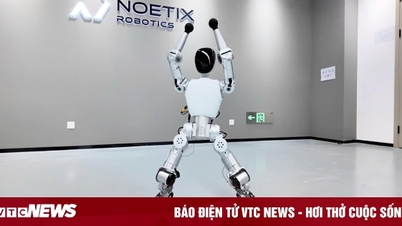

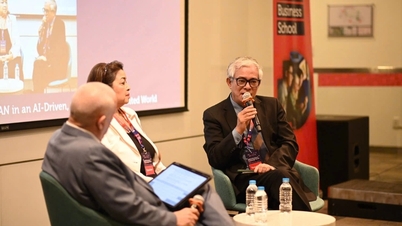

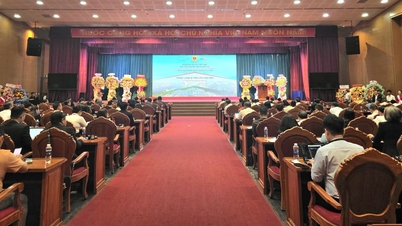





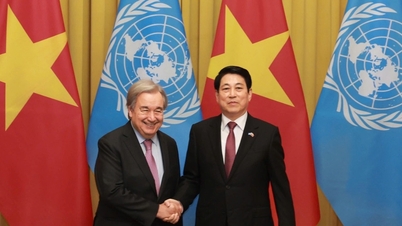


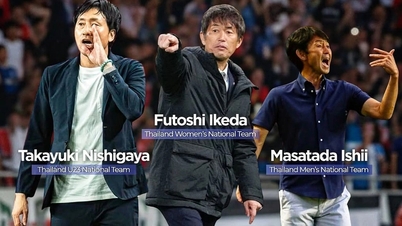



































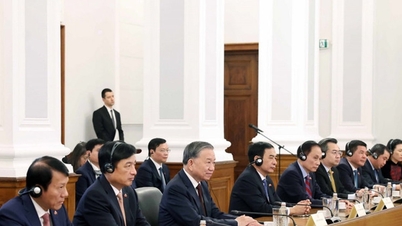




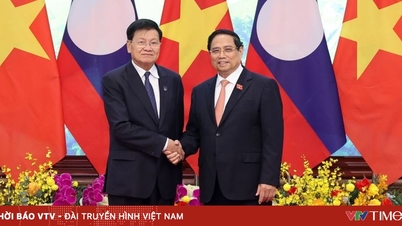




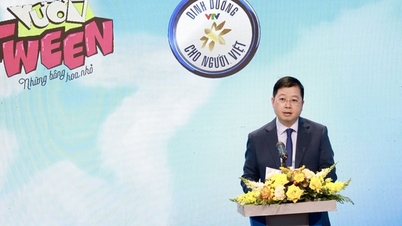
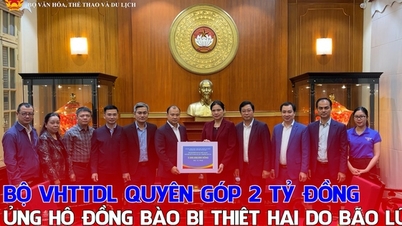










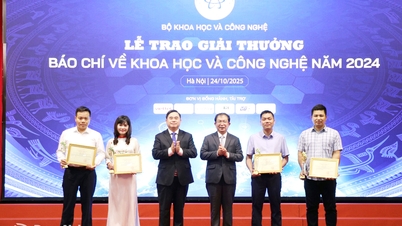
















Comment (0)